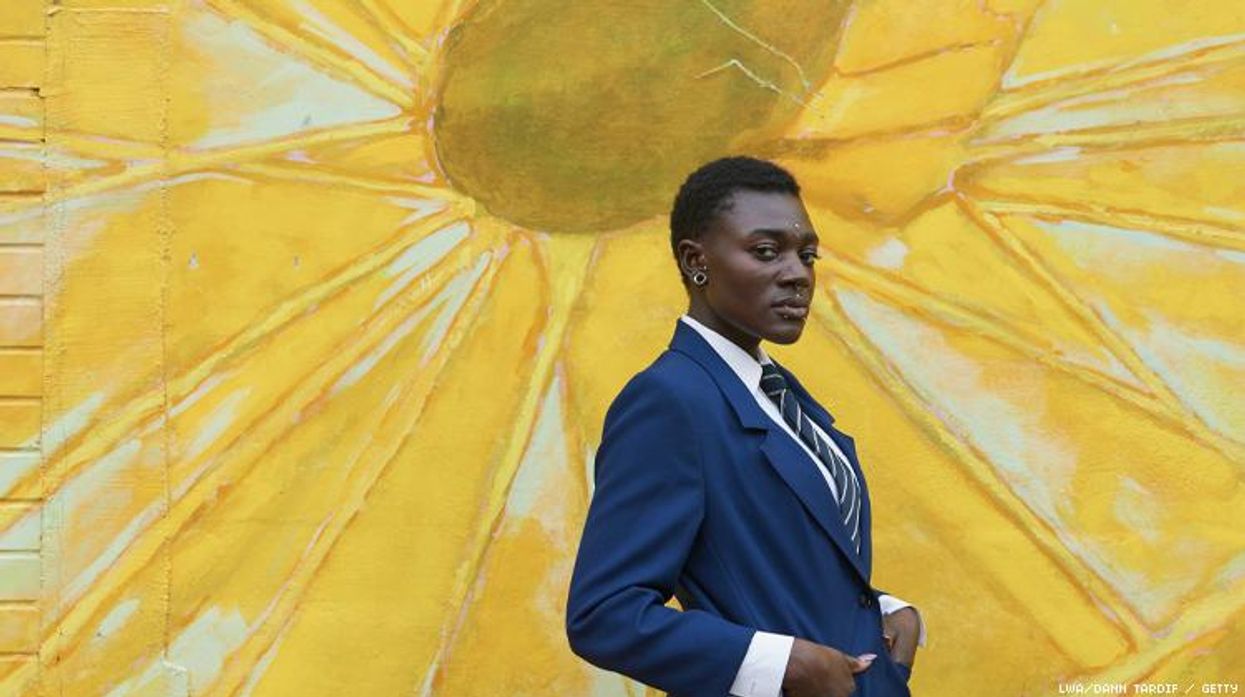News
South Africa to Allow Third Gender on National IDs

The popular LGBTQ+ destination is once again the leader on the continent when it comes to the queer community.
April 26 2021 2:00 AM EST
By continuing to use our site, you agree to our Privacy Policy and Terms of Use.

The popular LGBTQ+ destination is once again the leader on the continent when it comes to the queer community.
In a first for a nation in Africa, South Africa is vowing to recognize different gender identities and accept a third gender option on national identity documents.
A popular destination for LGBTQ+ travelers, South Africa is already a leader on the continent when it comes to LGBTQ+ rights and a more queer-friendly social and business community.
Every South African is assigned a national ID number at birth (like a social security number), a system which was used, during Apartheid, in part to track a person’s race and determined how the government would treat them.
The number, which no longer includes racial data, still gives details on the individual’s date of birth, citizenship status, and gender; the latter of which has only provided binary options for gender: male and female. According to Quartz Africa, around 530,000 South Africans identify as nonbinary, but haven't had the option of having that identity reflected on their official documents.
Now South Africa’s Department of Home Affairs is consultating with the LGBTQ+ community to change that.
Sihle Mthiyane, head of policy and strategy at the Department of Home Affairs told Pink News: “The identity number will change to accommodate the LGBTIQ community.”
Last December, the South African government published a report on updating the system. It said: “While South Africa has made great strides towards ensuring that no one who lives in the country is left without a legal record of existence, there are still people (including citizens) who remain either undocumented or improperly documented. This group includes nonbinary persons.”
The report called the seventh digit (the gender marker) of the national identity number “the most contentious digit for nonbinary or transgender persons,” and suggested, “To accommodate nonbinary, transgender, and intersex persons, it is recommended that an alternative digit or letter ‘X’ be used for this population.”
“It is a progressive proposal and worldwide, it has been generally welcomed,” Neville Gabriel, CEO of The Other Foundation, a regional LGBTQ+ funder and advocacy organization, told Quartz Africa.
Although it could take years for changes to take place, as legislation moves through the system and implementation, the Department of Home Affairs’ head of policy and strategy Sihle Mthiyane told Quartz Africa. But, “the identity number will change to accommodate the LGBTIQ community.” Mthiyane would be responsible for planning the new system.
Argentina was the first nation to establish an inclusive identification policy in 2012 by allowing citizens to change the gender identity on their national ID based on how they self-identify. Canada, Malta, Austria and Germany, have followed suit, adding gender-neutral options to their national identification documents.